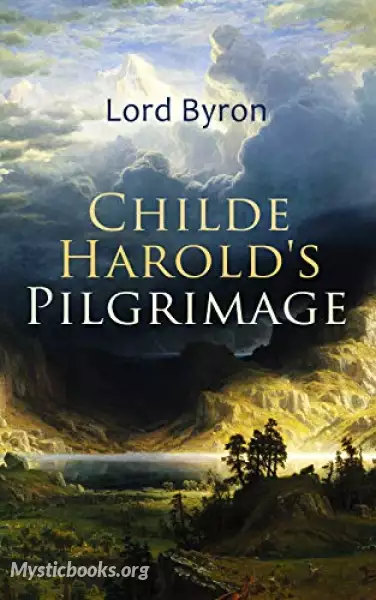
Childe Harold's Pilgrimage: Canto IV
'Childe Harold's Pilgrimage: Canto IV ' Summary
The poem contains elements thought to be autobiographical, as Byron generated some of the storyline from experience gained during his travels through Portugal, the Mediterranean and Aegean Sea between 1809 and 1811. The "Ianthe" of the dedication was the term of endearment he used for Lady Charlotte Harley, about 11 years old when Childe Harold was first published. Charlotte Bacon, née Harley, was the second daughter of 5th Earl of Oxford and Lady Oxford, Jane Elizabeth Scott. Throughout the poem, Byron, in character of Childe Harold, regretted his wasted early youth, hence re-evaluating his life choices and re-designing himself through going on the pilgrimage, during which he lamented various historical events including the Iberian Peninsular War.
Despite Byron's initial hesitation at having the first two cantos of the poem published because he felt it revealed too much of himself, it was published, at the urging of friends, by John Murray in 1812, and brought both the poem and its author to immediate and unexpected public attention. Byron later wrote, "I awoke one morning and found myself famous". The first two cantos in John Murray's edition were illustrated by Richard Westall, well-known painter and illustrator who was then commissioned to paint portraits of Byron.
Published on March 3, 1812, the first run of 500 quarto copies sold out in three days. There were ten editions of the work within three years. Byron was deeming the work "my best" in 1817, a year before adding a fourth canto.
Book Details
Authors
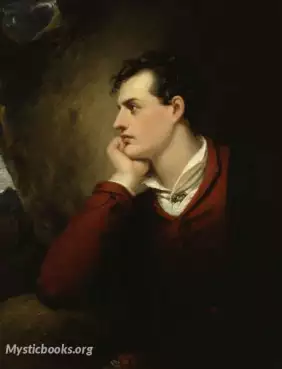
George Gordon, Lord Byron
England, Ottoman Empire, Turkey
George Gordon Byron, 6th Baron Byron, known simply as Lord Byron, was an English peer, who was a poet and politician. He was one of the leading figures of the Romantic Movement and is regarded as one...
Books by George Gordon, Lord ByronDownload eBooks
Listen/Download Audiobook
Related books
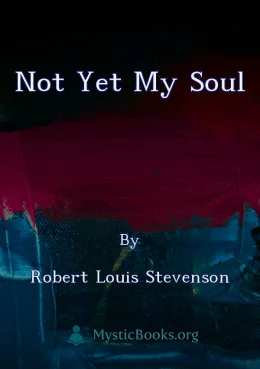
Not Yet my Soul by Robert Louis Stevenson
This poem, "Not Yet My Soul," explores the complexities of human existence, particularly the relationship between the physical body and the soul. Stev...
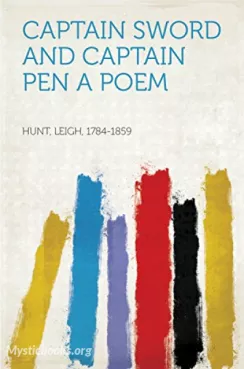
Captain Sword and Captain Pen: A Poem by Leigh Hunt
Imagine a world where the power of the pen is as mighty as the sword. Captain Sword and Captain Pen is a satirical poem by Leigh Hunt that explores t...
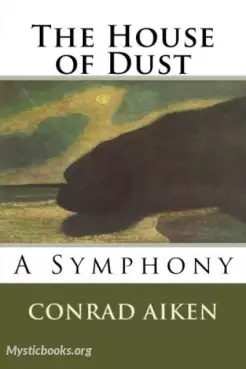
The House of Dust: A Symphony by Conrad Aiken
The House of Dust is a poem written in the four-movement format of a classical symphony. Hauntingly beautiful despite its bleak post-World War I depic...
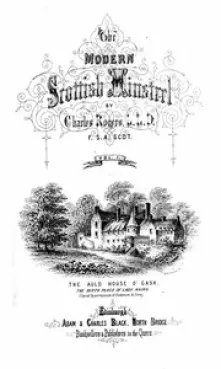
The Modern Scottish Minstrel by Charles Rogers
A rich tapestry of Scottish verse, "The Modern Scottish Minstrel" is an anthology that captures the essence and spirit of Scottish poetry from the mid...
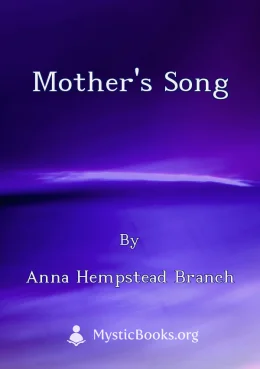
Mother's Song by Anna Hempstead Branch
A Mother's Song is a collection of poems by Anna Hempstead Branch that explores the multifaceted themes of motherhood, love, and sacrifice. Branch's...
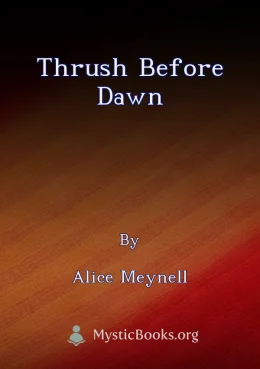
Thrush Before Dawn by Alice Meynell
LibriVox volunteers bring you 12 different recordings of A Thrush Before Dawn by Alice Meynell. This was the weekly poetry project for the week of Jun...
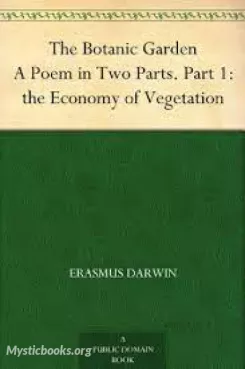
The Botanic Garden, a Poem in Two Parts. Part 1 by Erasmus Darwin
Step into a realm where science and poetry entwine, where nature's secrets unfurl in mesmerizing verses. "The Botanic Garden, a Poem in Two Parts. Par...

Christmas by William Henry Davies
In "Christmas" by William Henry Davies, the celebrated poet invites readers on a delightful journey through the enchanting spirit of the holiday seaso...
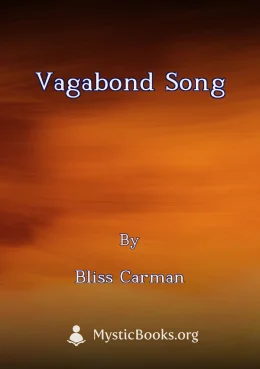
Vagabond Song by Bliss Carman
LibriVox volunteers bring you fifteen different recordings of A Vagabond Song, by Bliss Carman, to celebrate the Autumnal Equinox. This was the weekly...
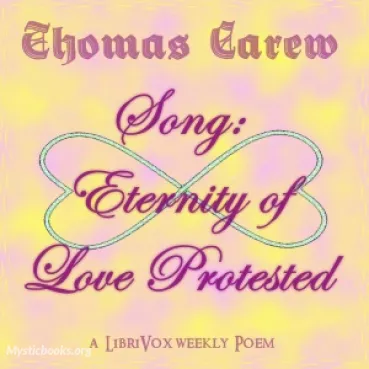
Song: Eternity of Love Protested by Thomas Carew
Love that transcends death: A timeless poem of eternal devotion. Thomas Carew's poem "Song: Eternity of Love Protested" is a passionate declaration o...
Reviews for Childe Harold's Pilgrimage: Canto IV
No reviews posted or approved, yet...